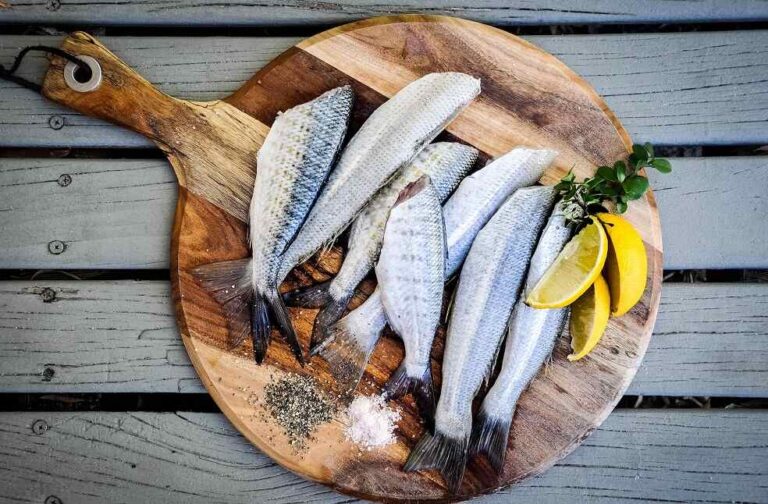London, UK: According to research, eating at least two portions of oily fish each week such as mackerel, and sardines or sardines reduce your risk of developing chronic kidney disease and slows the organ’s decline in function.
Around 700 million people worldwide suffer from chronic kidney disease (CKD). It is essential to identify factors that could stop its onset and progression because it can result in kidney failure and death. A recent study discovered a link between consuming more of the omega-3 fatty acids found in oily fish and other seafood and a reduced risk of kidney issues. Higher concentrations of omega-3 fatty acids derived from plants did not reveal the connection.
The George Institute for Global Health and the University of New South Wales acted as the team’s investigators, and their findings were released in the medical journal BMJ. The results back up guidelines that include eating fatty fish and other seafood as part of a balanced diet.

But until now, evidence from human research was scarce and mainly came from dietary questionnaires, despite studies in animals suggesting omega-3 fatty acids may aid kidney function. The researchers combined the findings of 19 studies from 12 nations that looked at connections between omega-3 fatty acid concentrations and the onset of CKD in adults.
About 25,000 people were included in the main analysis, aged between 49 and 77. Higher levels of seafood omega-3 fatty acids were linked to an 8 percent decreased chance of getting CKD after a variety of factors including age, sex, race, body mass index, smoking, alcohol use, physical activity, heart disease, and diabetes, were taken into account.
Participants were divided into five groups based on how much seafood omega-3 fatty acids they consumed, and those in the highest group had a 13 percent lower risk of developing CKD than those in the lowest group. A slower annual loss in renal function was linked to higher levels.



